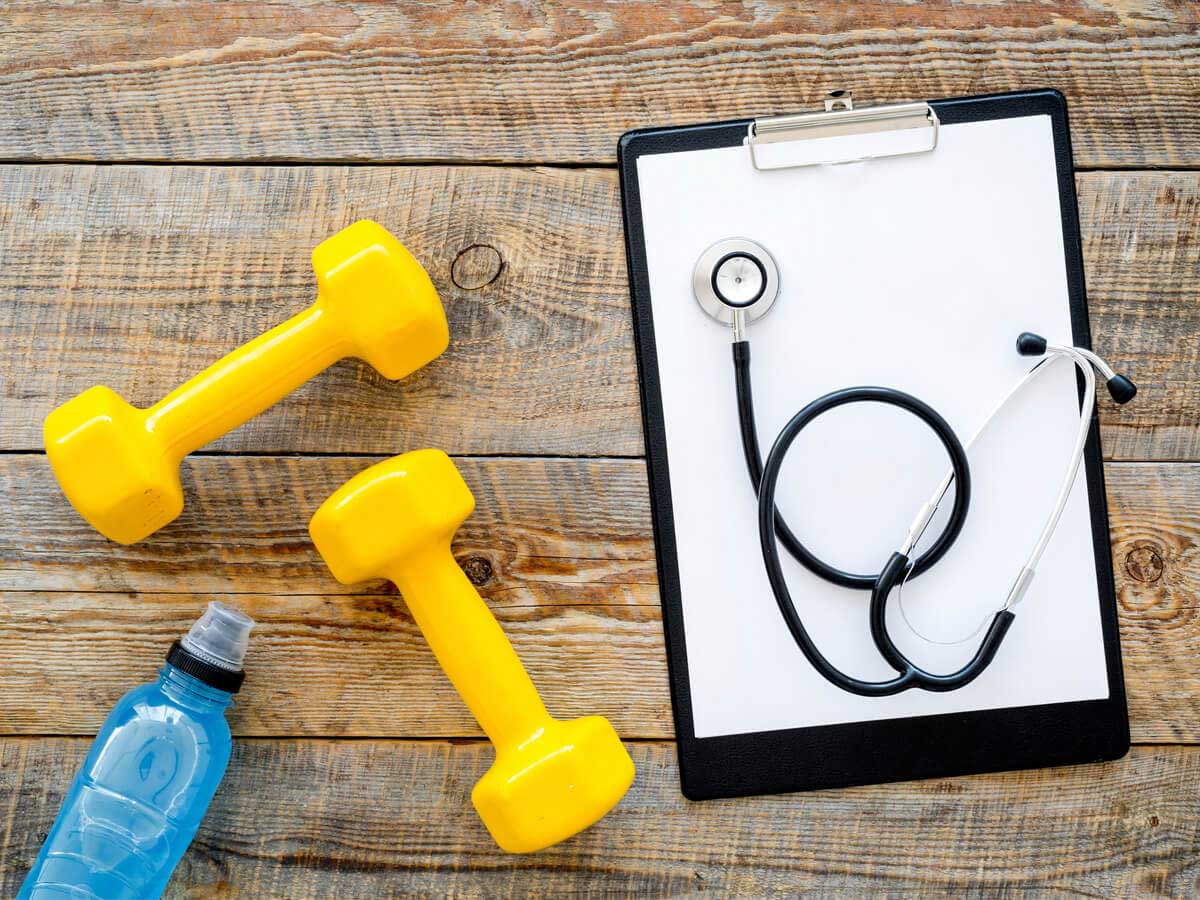Prioritizing fitness is a challenge for many people and can be even more cumbersome as a practicing physician. With busy schedules and late-night shifts, taking care of your body becomes an afterthought for most medical professionals. However, there are certain ways to maintain your physical and mental well-being without feeling burnt-out by the end of the day.
Making Time In the Morning
Personally, I like to carve out time first thing in the morning before I look at my inbox. Whether it’s weight training, yoga, or running, I find that if I get this done in the morning I can then focus on work for the remainder of the day.
Excess Post-Exercise Oxygen Consumptions (EPOC) is a buzz word in the fitness industry, that basically means that your body burns more calories after you work out. So those people that carve out time to exercise before work will have an easier time burning calories all day, even if they are just sitting at a desk.
While getting up early in the morning can be difficult for some people, especially nurses and physicians with unpredictable work schedules, finding a routine that works can yield huge benefits. Many times, physicians focus on other tasks before even thinking about fitness. However, exercising in the morning allows you to focus on getting your body and mind in the right place before starting work.
Watch Your Diet
Following a workout routine is important, but it’s only half the battle. Eating healthy and applying a nutritious diet (with a few cheat days here and there) can transform the way you feel. According to Medical News Today, a healthy diet can improve your memory, enhance your overall mood and can even help you get a better night’s sleep.
There is no substitute for a healthy diet. In addition to weight loss, heart health, and many other benefits, improving your diet can make you generally happier. You don’t have to drastically change the way you eat, but cutting down on foods with high amounts of salt and sugar is a good start.
Three Easy Ways I Improve My Diet
- Swap soft drinks for water or tea
- Eating whole fruits instead of drinking juices (juice contains less fiber and often include added sugar)
- Eating more lean protein: like eggs, tofu, fish, and nuts.
Finding a healthy balance between work and your well-being is important. Physical wellness encourages the balance of physical activity, nutrition, and mental well-being to keep your body in top condition. And as medical professionals, maintaining a healthy lifestyle should be a top priority.
Remember that self-care is critical to both personal and career satisfaction. Having a healthy body and mind go hand-in-hand. Jump-starting your body and mind with exercise is shown in many studies to improve energy levels, mood, and productivity throughout the day.
Andrea Paul, MD, is co-founder and Chief Medical Officer of BoardVitals. Follow Andrea on Instagram, Facebook and LinkedIn for information on startups, medicine, health care tech, healthcare marketing, education and venture capital.
Check out our other blogs on fitness:
Physician Health Part II: Prioritizing Exercise with a Busy Schedule




